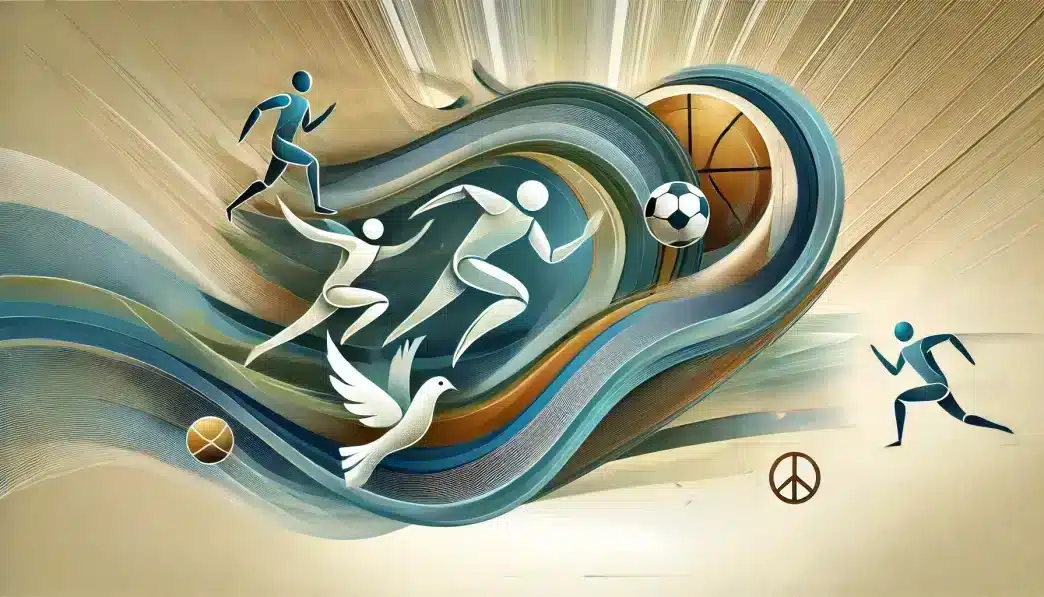What is the International Day of Sport for Development and Peace?
The International Day of Sport for Development and Peace (IDSDP) is observed annually on April 6 to recognize the role of sport in promoting social change, community development, and global peace. Established by the United Nations General Assembly in 2013, this day highlights how sport serves as a universal language that fosters dialogue, inclusion, and conflict resolution. Governments, organizations, athletes, and communities worldwide participate in activities to emphasize the power of sport in building a more peaceful and equitable society.
History and Origin
The United Nations declared April 6 as the International Day of Sport for Development and Peace in 2013, with the first official observance taking place in 2014. The date was chosen to commemorate the opening of the first modern Olympic Games in Athens on April 6, 1896, linking the day to the longstanding tradition of international athletic competition as a means to promote unity and cooperation. Since its inception, IDSDP has grown into a global movement, encouraging people to use sport as a tool for education, empowerment, and social justice.
Who Celebrates the International Day of Sport for Development and Peace?
- International organizations: The United Nations, the International Olympic Committee, and other global entities promote IDSDP events and campaigns.
- Non-governmental organizations (NGOs): Many NGOs use sport as a tool to address social issues such as gender equality, youth development, and community building.
- Educational institutions: Schools and universities organize activities that educate students on the role of sport in peacebuilding and social inclusion.
- Sports clubs and associations: Local and national sports organizations arrange tournaments, workshops, and outreach programs.
- Athletes and coaches: Professional and amateur athletes advocate for peace and development by participating in community initiatives and mentorship programs.
Slogans and Themes
Each year, IDSDP focuses on different aspects of sport’s role in society. Common slogans include “Sport for All, Peace for All,” emphasizing inclusivity; “Building Peace through Play,” highlighting the unifying nature of sports; and “Leveling the Playing Field,” advocating for equality in sports participation.
Colors, Symbols, and Patterns
Colors
- Blue: Representing peace and international unity.
- Green: Symbolizing growth, development, and sustainability.
- White: Denoting fairness, neutrality, and the inclusive nature of sport.
Symbols
- Dove with an olive branch: A universal symbol of peace, often associated with IDSDP events.
- Interlocking rings: Reflecting unity and collaboration, similar to the Olympic rings.
- Whistle: Representing fair play and integrity in sports.
Patterns
- Circular motifs: Illustrating inclusivity and the ongoing impact of sports.
- Wave patterns: Conveying the dynamic and far-reaching influence of sports on societies.
- Running tracks: Symbolizing perseverance, progress, and personal growth through sport.
Most Used Hashtags
- #IDSDP
- #Sport4Peace
- #April6
- #SportForDevelopment
- #WhiteCard
How to Celebrate the International Day of Sport for Development and Peace
- Organize community sports events: Host local tournaments, fun runs, or friendly matches to bring people together and promote teamwork.
- Participate in the #WhiteCard campaign: Share a photo holding a white card on social media to symbolize peace and the positive power of sport.
- Attend educational workshops: Learn about how sports contribute to peace, social justice, and community empowerment.
- Support NGOs and initiatives: Volunteer or donate to organizations that use sport to promote education, equality, and health.
- Advocate on social media: Use the official hashtags to raise awareness and share stories of how sport has contributed to peace and development.
Why is the International Day of Sport for Development and Peace Important?
IDSDP highlights the transformative power of sport beyond competition and entertainment. It serves as a platform to:
- Promote social inclusion: Sport provides a universal language that bridges divides and fosters inclusivity.
- Encourage healthy lifestyles: Engaging in physical activities contributes to both mental and physical well-being.
- Advocate for gender equality: Sports empower individuals, particularly women and girls, by providing equal opportunities and challenging stereotypes.
- Facilitate conflict resolution: Through teamwork, fair play, and collaboration, sports teach essential skills for resolving disputes peacefully.
- Support youth development: Engaging young people in sports fosters leadership, discipline, and community engagement.
By celebrating IDSDP, we recognize sport as a powerful tool for building peaceful societies, promoting equality, and improving lives worldwide.
Features
Contact Info
April 6: Day of Sport for Development and Peace
Why do you keep falling for the same type?
Read the article Lovemaps: the hidden blueprint of our love.

